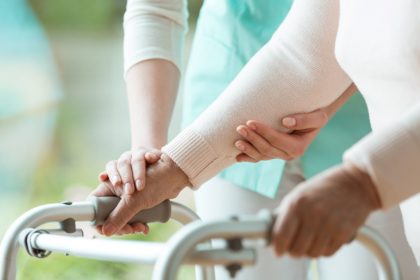
The world outside my study is churning and whirling… as it is engulfed with the fast-evolving health situations in communities around the globe. There are many unknowns about the
COVID-19 illness that has spread rapidly in every continent and the presence of uncertainty—big time—has rattled governments, shaken markets, and upended our daily routines, to say the least.
While I join the hundreds of millions of people who constantly check the news online and in newspapers, radio and/or tv, I also take time to pause. These moments allow me to reflect on
what this difficult time that we are all experiencing means and what it says about us—as
individuals, as members of communities, and as citizens of the world.
For one, I find that:
- each individual action has multitudes of rippling effects, large and small, on others;
- the real world oscillates between predictability and unpredictability; it requires each of us to constantly assess the balance between taking caution and taking risk;
- the distinction between self-interest and altruism (promoting others’ interests) becomes more blurred given the pervasive interconnectedness of our lives;
- adaptation and flexibility are vital life skills that we need to have not just now but at all times;
- we have the ability to change as we obtain more information and as conditions around us change; the notion of fixed tastes and preferences is outmoded;
- the skills that we must hone and develop should prepare us not only to live in a competitive world but also to be able to work together, coordinate and cooperate with one another; for the greater good requires collective action.
As the impacts of the COVID-19 spread intensify, there is growing recognition among governments and the public that traditional efforts for dealing with shocks and managing risks through conventional emergency responses are inadequate. Strategic thinking is needed as much as the ability to respond quickly and to take proactive measures. There is an urgent need to build the adaptive capacity and longer-term resilience of communities and societies.
One striking fact about the current global pandemic is its tremendous effect on the care sector. This includes not only the health care systems employing doctors, nurses, aides, and other health professionals but also the unpaid care labor provided by family members, neighbors, and kin.
Many are changing their daily life patterns to provide further assistance and care support for those who are vulnerable such as their parents or grandparents and for those who are self-quarantined. Many more are willing to take the risk of exposure to care for those who have tested positive and are ill but are staying at home because the healthcare system is inadequate, inaccessible, and/or overwhelmed. The shutdown of schools and daycare centers further adds demand for unpaid care. Parents are struggling to care for their children while at the same time trying to tele-work from home.
“How can I write or have meetings with my six-year old around?”
The cloak or mantle that hides the emerging crisis of social reproduction, or the under- provision of care for people who depend on it, is removed. This global pandemic exposes the heavy demand on those who carry the responsibility for providing care for the sick, the young and the frail elderly, the vast majority of whom have been women. It has upended preconceived notions such as: each individual is a ‘Robinson Crusoe’ in families that can find their own solutions to provide care, and that one’s ability to pay should determine who accesses care in the private sector.
The Care Work and the Economy Project joins the efforts of other organizations, research institutions and advocacy groups towards making the care sector visible to policymakers. The heavy care burden that is now being shouldered by health care systems, households, communities and countries throughout the world makes it imperative to bring care work out of statistical shadows and to remove the veil of ignorance in economic policymaking.
Let us hope that this time is truly different and that the jolt brought about by the current pandemic leads to more openness in the academic community and among policymakers towards a paradigm shift and policy change.
March 2020
